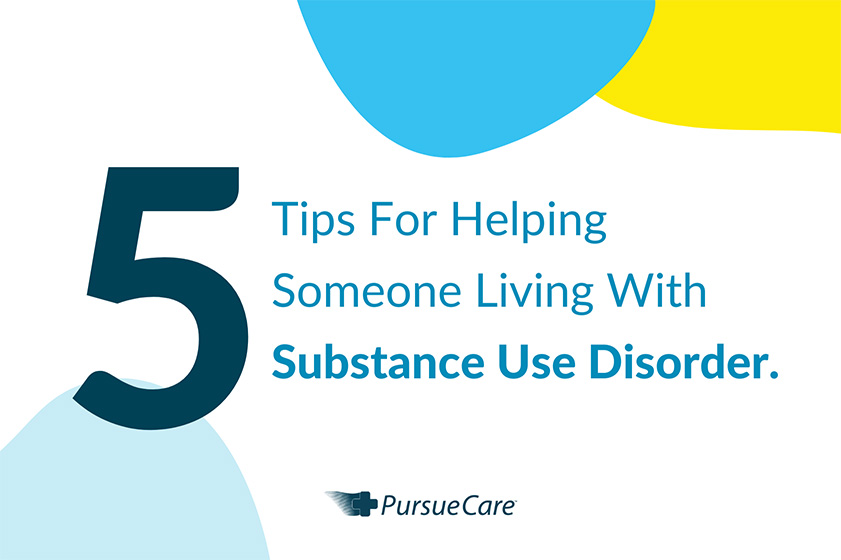It is normal to feel many different emotions upon finding out a friend or relative is living with substance use disorder. You may feel angry, disappointed, and confused – all that is okay.
A million questions are probably going through your mind: Where do I start? What do I say? How can I help? Why did this happen? What do I do? It can be overwhelming, and it might take you some time to come to terms with it.
To help guide you in this process, here’s a list of things you can do before you try to help. Keep in mind, this list is not exhaustive; there are no set guidelines on how to deal with someone living with addiction. Every circumstance is different, and no two recovery journeys look the same.
Finally, before you start reading, we want you to know that all hope is not lost – people CAN and DO recover from addiction.
1. Research, Research & More Research.
This is your starting point. Knowledge is power and the more you know, the greater understanding you will have about how substance use disorder works, the signs, and how it affects your loved one. It will also prepare you as to what to do in case of an emergency.
Below are some starting points for your research:
Help with addiction and substance use disorders
What is drug addiction?
Opioids
2. Take Care (of Yourself).
Dealing with substance use disorder is super stressful and takes a toll on everyone involved.
You cannot help someone else unless your health and wellness are taken care of. Go for walks, drink water, get enough sleep, and socialize. Additionally, developing stress-management strategies and attending counseling are crucial steps in helping your loved one and yourself.
3. Offer Support.
Offering support does not mean encouraging or enabling, and we know it is often difficult to know where to draw the line.
We are referring to the kind of support that entails listening without judgment, asking how you can help them, offering to find treatment resources (only if they express interest in recovery), and performing check-ins regularly.
4. Resist the Urge To…
Nag, lecture, name-call, yell or criticize.
We know. It’s hard, especially if your trust has been broken repeatedly, but engaging in these behaviors will only make things worse, cause resentment, and there will be no positive outcomes.
Substance use disorder is not a moral failing; it is a disease.
5. Be Patient and Have a Plan.
Helping someone living with substance use disorder is an ongoing process, especially if they decide to pursue recovery. It is normal for people to relapse before finding a treatment modality that keeps them “on track.” They might have their ups and downs, but as they progress in treatment, the chances of relapsing diminish. Come up with a plan (when they’re sober) as to what you will do if they relapse. That way, if this happens- you will have a clear action plan to get them back on the path to recovery.

